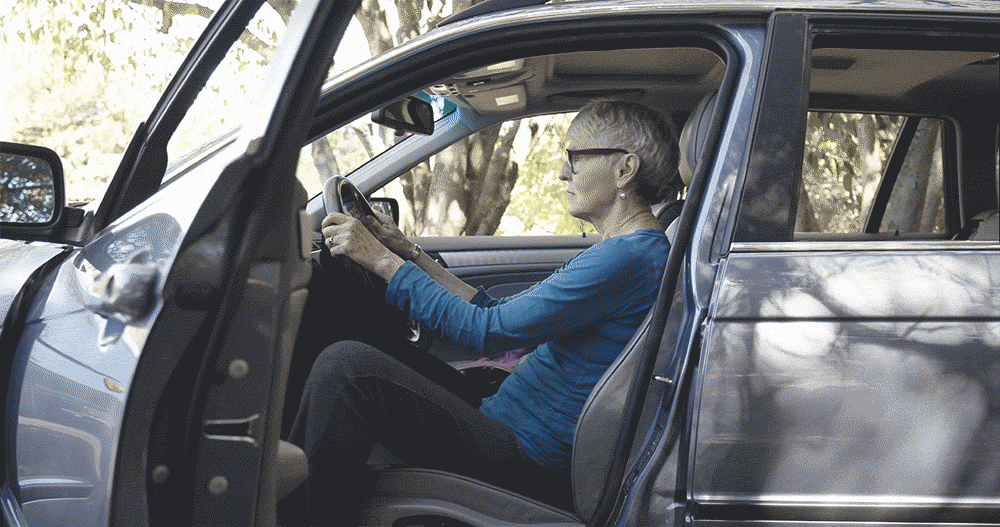A MacStories összeszedte azokat információkat amiket a Mac Catalyst 2.0-ról tudunk:
WWDC 2020 was different. Apple introduced what was effectively Mac Catalyst 2.0 with its Optimized for Mac initiative, a separate Mac Catalyst path that follows Mac conventions more closely but requires more work. The company also built Messages and Maps, two of its flagship apps, using Mac Catalyst, demonstrating a deeper commitment to the technology than ever before. The result is a brighter future for Mac Catalyst that clearly has a role to play alongside SwiftUI and Apple’s other frameworks.
A lényeg nagyjából az, hogy idén kapott egy új opciót minden iPad alkalmazás arra, hogy tényleges natív macOS UI-t használjon a 77%-os skálázás nélkül. Így a Maps és a Messages, mint két nagy rendszeralkalmazás, tökéletes példája lesz az új Catalyst API-k tudásának.
Sajnos a Mapsből eltűnt közben a letéphető popover funkció, a Messagesből pedig az AppleScript támogatás, ami az előző AppKit alapú, iChatből lefaragott kliens még tartalmazott. Nem tudom mennyire van ilyen funkciókra manapság igény, viszont visszanézve azt a rendszerintegrációt, amit annakidején az iChat tudott, sajnos a Messages közelében sincs jelenleg ennek – igaz az app is kevesebbet tud.
Nem szeretném, ha az új többplatformos, natív alkalmazásokból eltűnnének azok a Mac-only apróságok, amik 2006 végén az Apple platformokra csábítottak.





